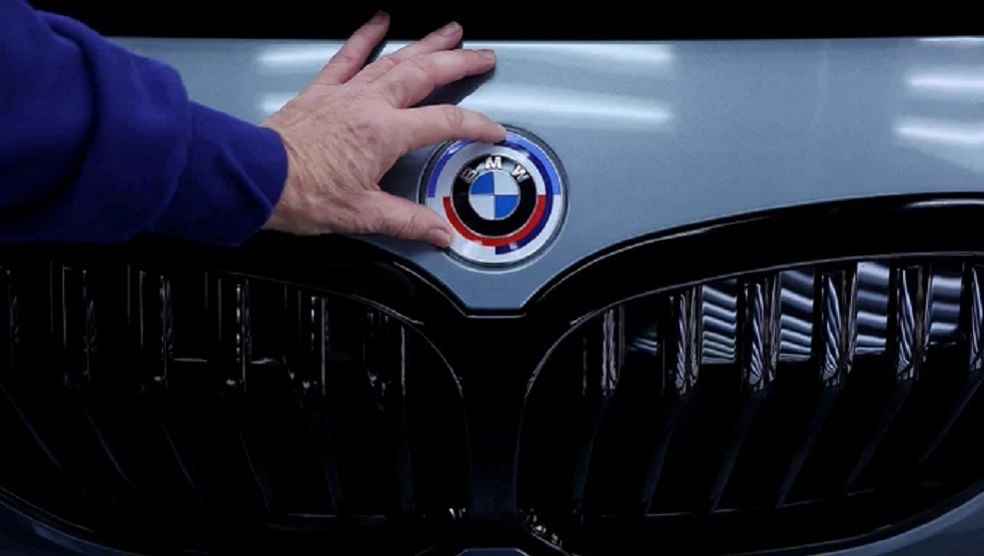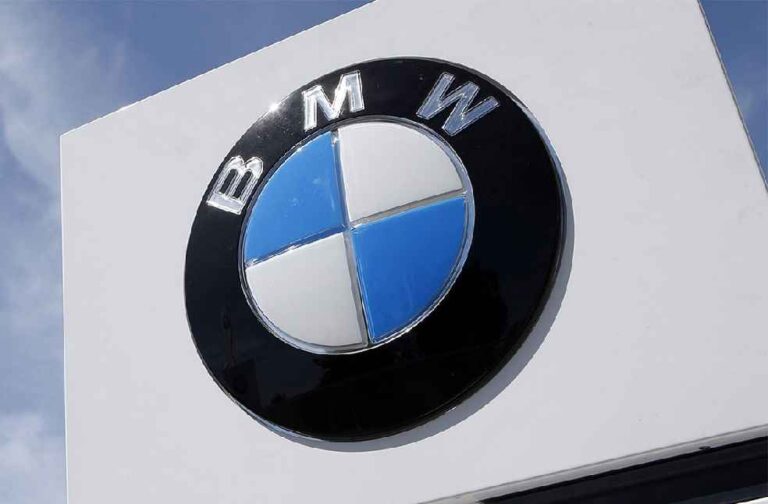BMW Group and E.ON have introduced Germany’s first commercial Vehicle-to-Grid (V2G) solution for private customers, a step that integrates electric vehicles directly into the energy market. Through bidirectional charging, the BMW iX3 can now feed electricity back into the grid, turning cars into flexible energy storage units and marking a major milestone for both electromobility and the energy transition.
The service, enabled via the BMW Wallbox Professional and powered by intelligent energy management software developed jointly by BMW and E.ON, allows customers to charge their vehicles while also returning energy to the grid. A dedicated V2G electricity tariff supports two-way energy flows, making the process simple and financially rewarding.

Customers participating in the program can earn up to €720 annually by making their vehicle battery available for smart charging and discharging. This equates to as much as 14,000 kilometers of driving per year at no charging cost, while also contributing to grid stability and renewable energy integration.
Marc Spieker, Member of the Board of Management of E.ON SE, Commercial, said, “What our customers need is a reliably charged vehicle, simple, convenient, and at attractive costs. That’s exactly what we provide, and more. Together with BMW, E.ON is bringing Vehicle-to-Grid directly to the people. Neue Klasse meets new energy!”

Dr. Joachim Post, Member of the Board of Management of BMW AG, Development, added: “With the Neue Klasse, BMW makes the car an active part of the energy system, creating tangible customer value. Vehicle-to-Grid reduces the mobility costs of the customer through new revenue opportunities, while driving the future of electric mobility.”
The V2G service also ensures that battery health is preserved, with intelligent functions keeping the high-voltage battery at an optimum level. Customers retain full control by setting their charging goals, ensuring mobility needs are prioritized at all times.
By enabling cars to act as virtual storage units, the initiative strengthens the integration of renewable energy sources, reduces long-term system costs, and underscores the role of electric vehicles in shaping a sustainable energy future.





